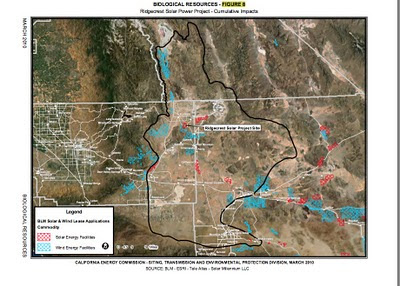Mohave Ground Squirrel In Peril; Conservation Plan Lagging Behind Threats

In response to the United States Fish and Wildlife Service's (USFWS) initiation of a status review to consider listing the Mohave Ground Squirrel (MGS) under the Endangered Species Act, a representative from China Lake Naval Air Weapons Station expressed opposition to the listing of MGS. The rational of the military was that military installations in the area support a healthy populations of the MGS and are participating in conservation measures being considered through the Desert Managers Group to preserve the species through regional management. Unfortunately, this opposition to the listing of the MGS rings hollow, since regional efforts have been slow, and the military's efforts within DoD installations do not address the threats posed to the species on 2/3 of its range outside of military land. Mohave Ground Squirrel Thriving on Military Bases? Although studies submitted indicate that the Mohave Ground Squirrel does have core populations located on or near China Lak...

